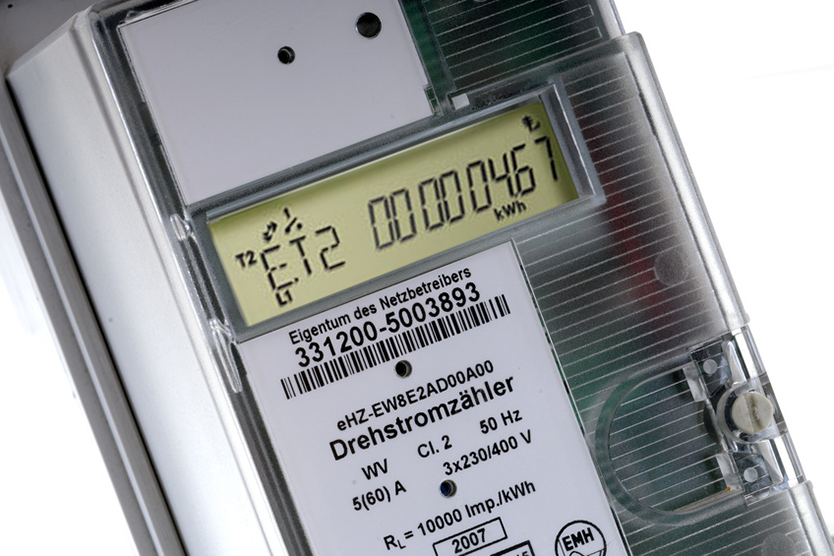.
Barometer for the digitisation of the energy transition
How much progress has been made on the digitisation of the energy transition in Germany so far, and where are things not yet going well? The study entitled “Barometer for the Digitisation of the Energy Transition”, which has just been published for the first time and will in future be published in the fourth quarter each year, deals with these and further questions.
The Act on the Digitisation of the Energy Transition (GDEW), which was passed in 2016, provides the legal basis for the digitisation of the energy transition. The annual digitisation barometer reflects the progress being made and the state of the implementation of the Act. The latest report can be found here (in German).
